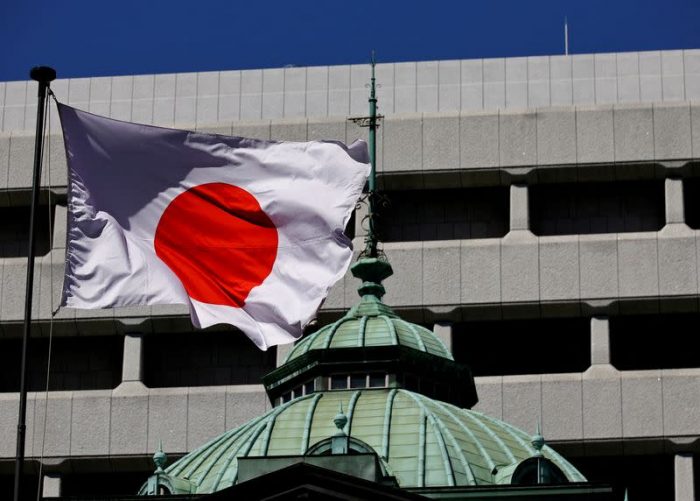Latest News: Forex
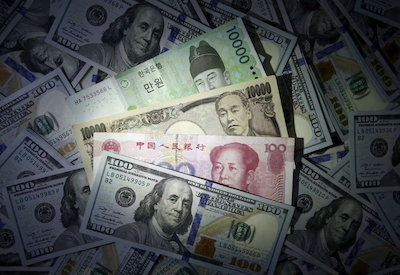
Fading hopes of a US interest rate cut anytime soon have pushed the Japanese currency to 34-year lows
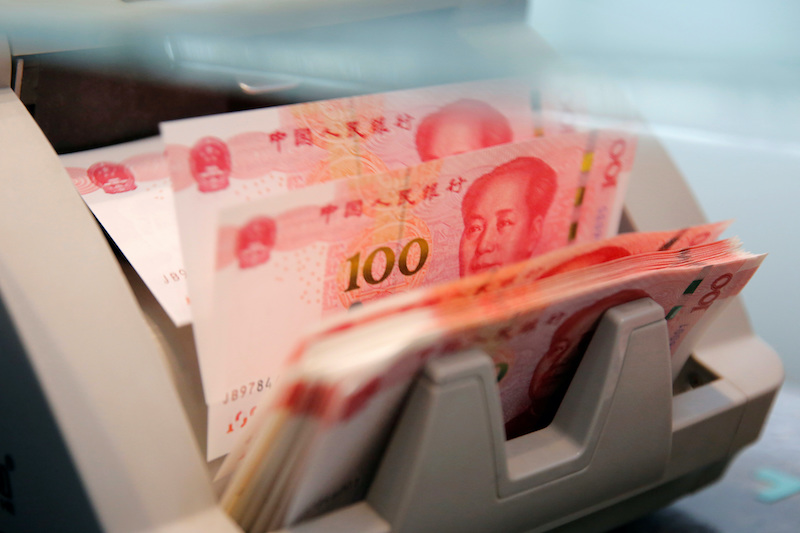
The currencies of China's trading partners have weakened faster than the yuan recently, eroding the country's export competitiveness and hampering its recovery
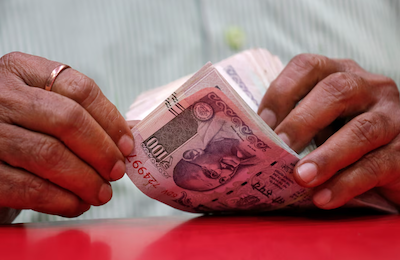
The Indian currency posted its steepest weekly fall in seven months as it led the way amid a tumbling Asian forex market

Millions of Japanese are sizing up how to adapt to higher borrowing costs after many years of deflation, when prices, wages and costs changed little
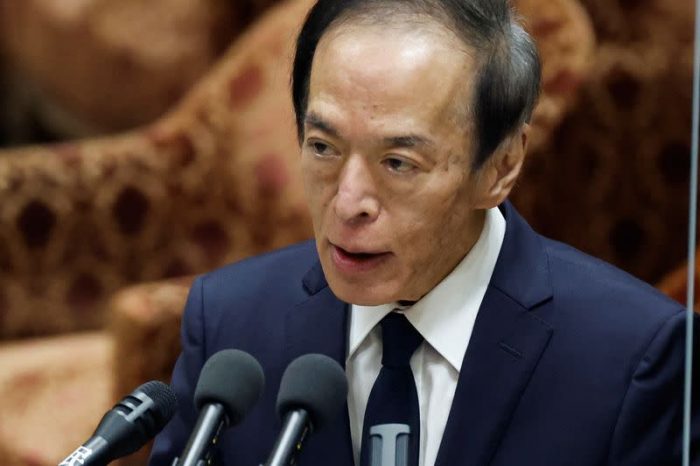
BOJ Governor defends move to normalise monetary policy, tells parliament that inflation is gaining momentum; said the central bank will eventually scale down its balance sheet
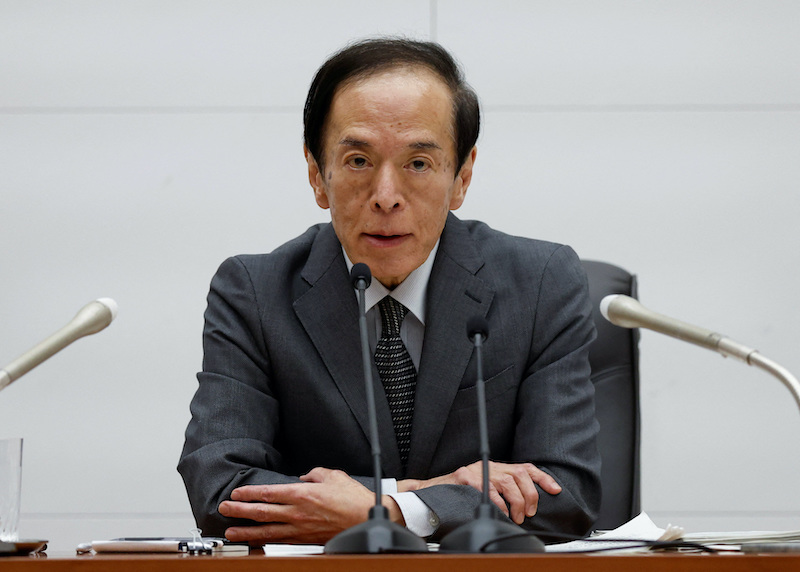
With his deputies split on when to end Japan's long-running stimulus policy, central bank chief preferred to act rather than wait for the economy to 'run hot'. It could take years for rates to rise
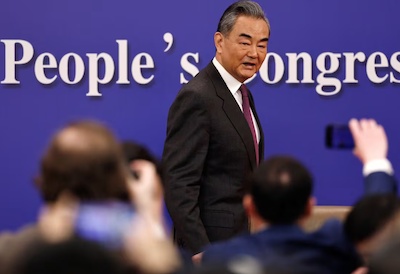
Wang Yi said Washington’s unrelenting trade curbs have come despite Biden and Xi pledging to work closer to find common ground
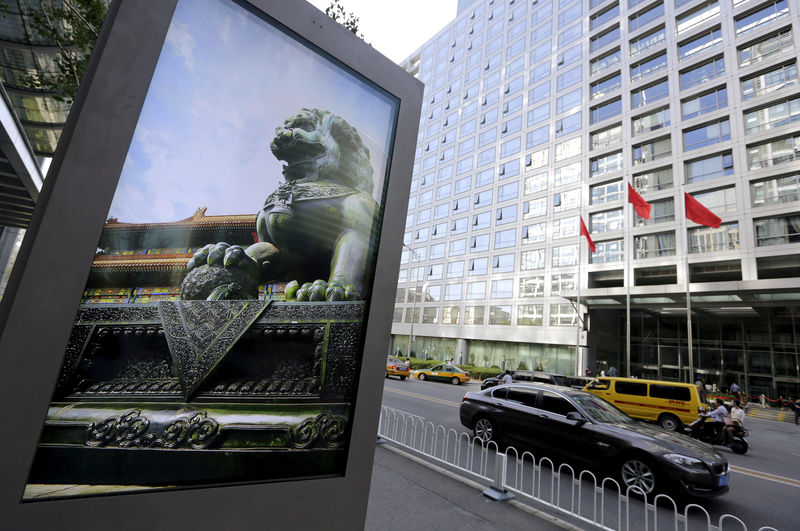
The country’s Securities Regulatory Commission said penalties will be severe as it cracks down on fraud, scams, insider trading and market manipulation
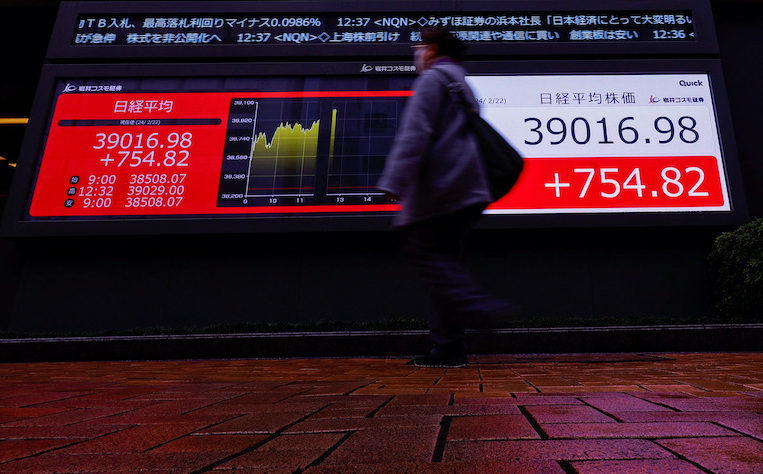
Nikkei share index rose by 2% to an all-time peak on Thursday, thanks to cheap valuations and corporate reforms that have lured foreign money looking for alternatives to China's battered markets

Financial authorities in Beijing on Tuesday announced the country's biggest ever reduction in its benchmark mortgage rate

The Nikkei benchmark rose to a 34-year high, while TSMC and other chip-related stocks helped most Asian markets higher on Thursday
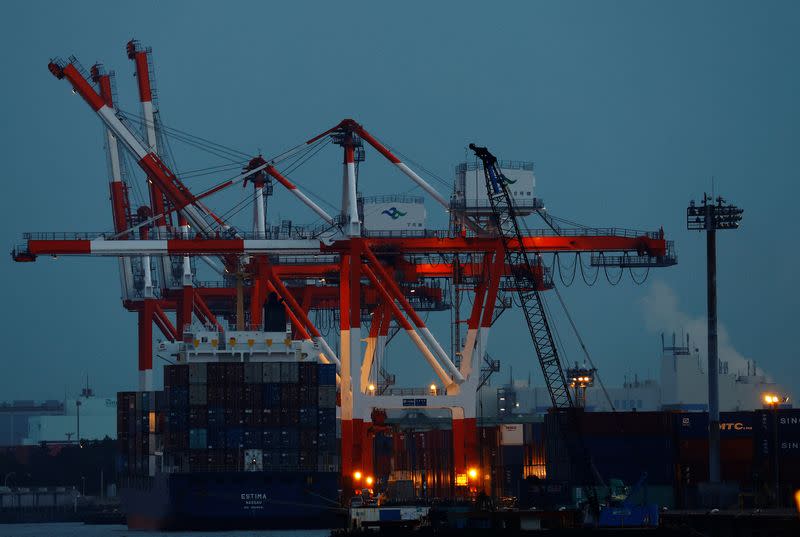
Government data released on Thursday showed that GDP fell by an annualised 0.4% in the October-December period after a 3.3% slump in the previous quarter
AF China Bond
- Popular


